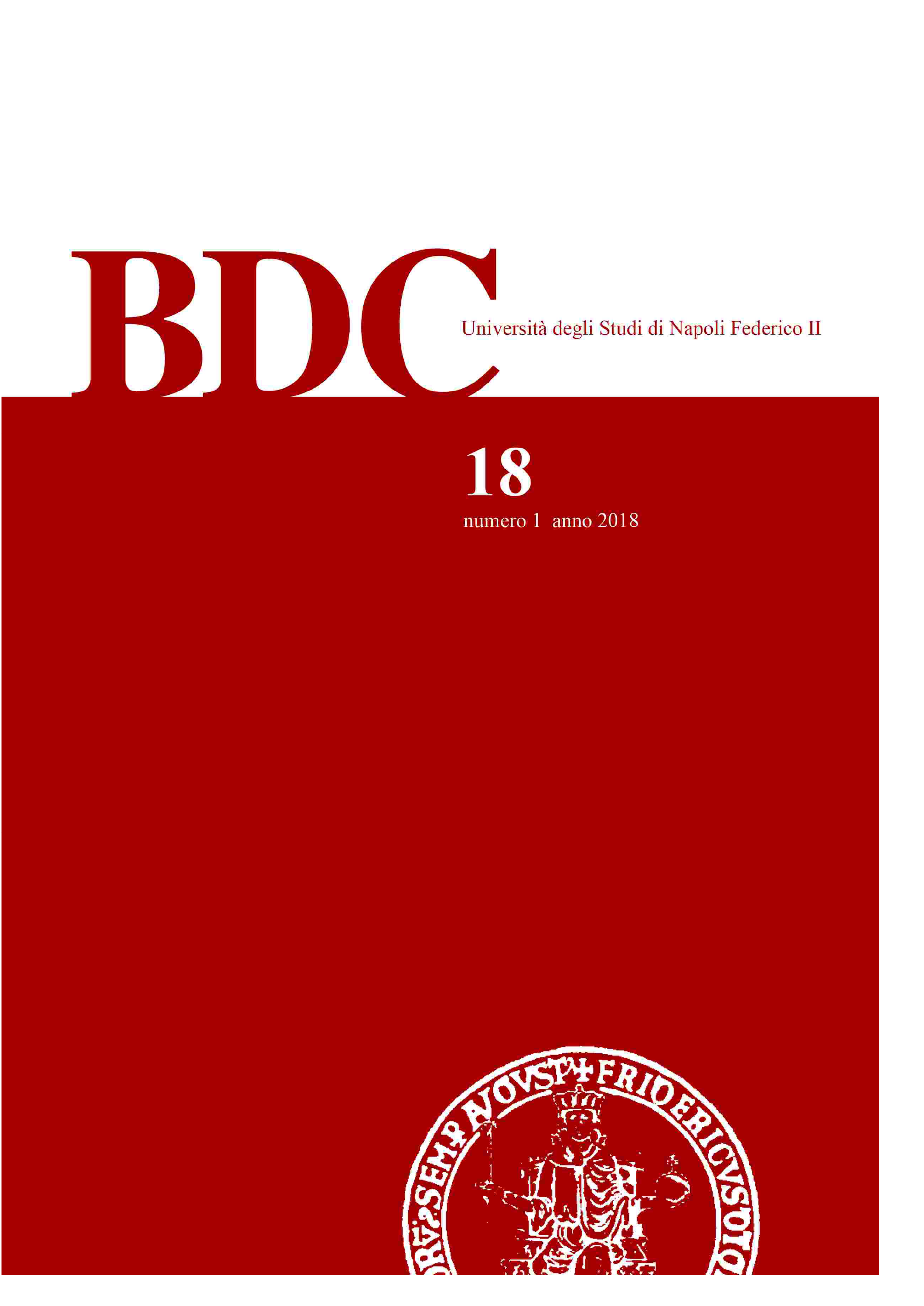CIRCULAR CITY MODEL AND ITS IMPLEMENTATION: TOWARDS AN INTEGRATED EVALUATION TOOL
DOI:
https://doi.org/10.6092/2284-4732/6058Abstract
As the world continues to urbanize, sustainable development challenges will be more and
more concentrated in cities and they increasingly require identifying and implementing new
development models and strategies. The circular economy model can be implemented in the
cities in order to achieve sustainable development. Although some cities are moving
towards this direction, there is still ambiguity around this concept.
Circular cities are a new phenomenon and, to date, it is very difficult to build empirical
evidence of their success (or failure). This paper aims to analyse the circular city model
starting from definitions in literature and six case studies of European circular metropolitan
cities. In particular, this paper is focused on the evaluation framework for assessing and
monitoring the efficiency of the circular cities, that is to assess (positive and/or negative)
impacts of projects and initiatives of the circular city agendas.
Keywords: circular city, metropolitan city, integrated evaluation

